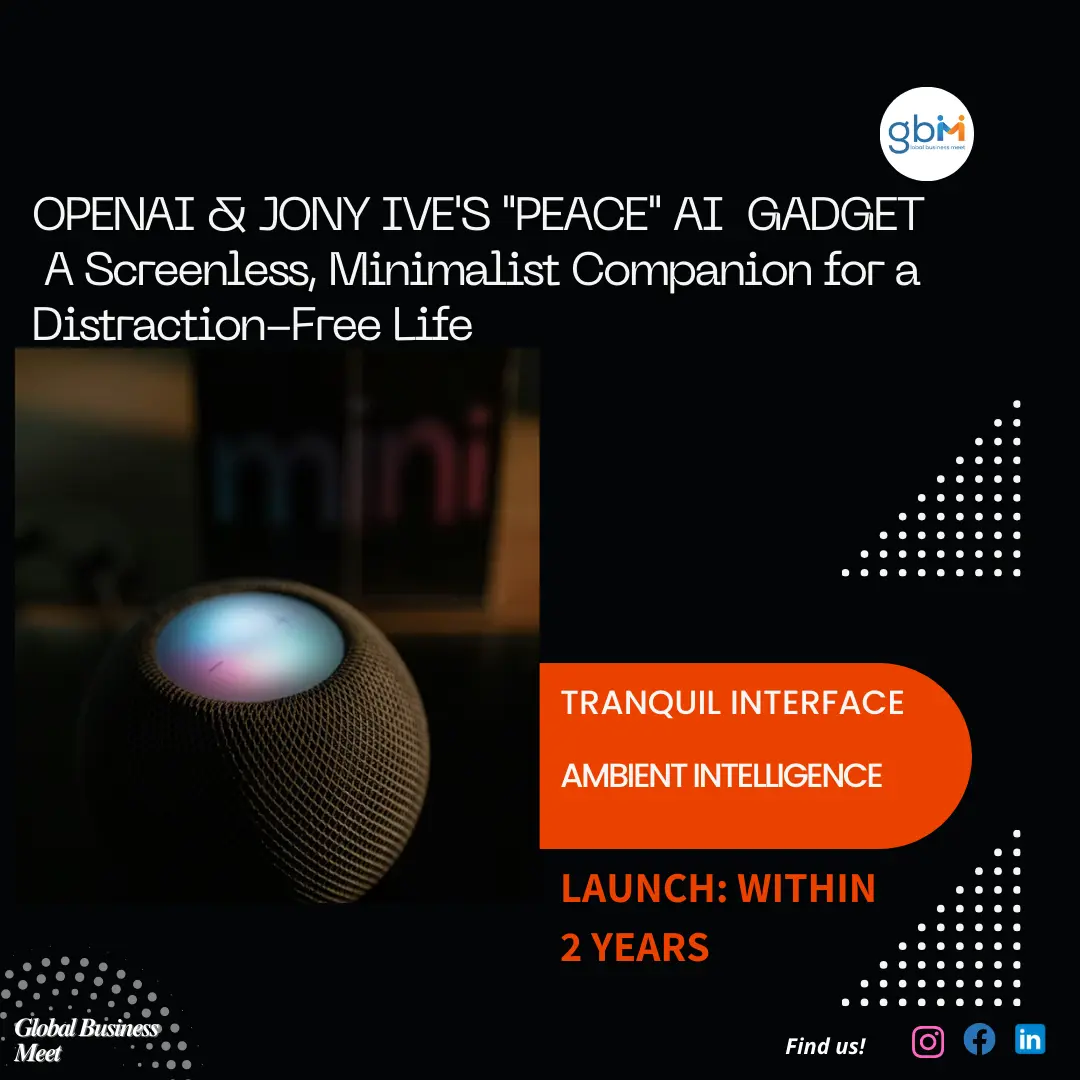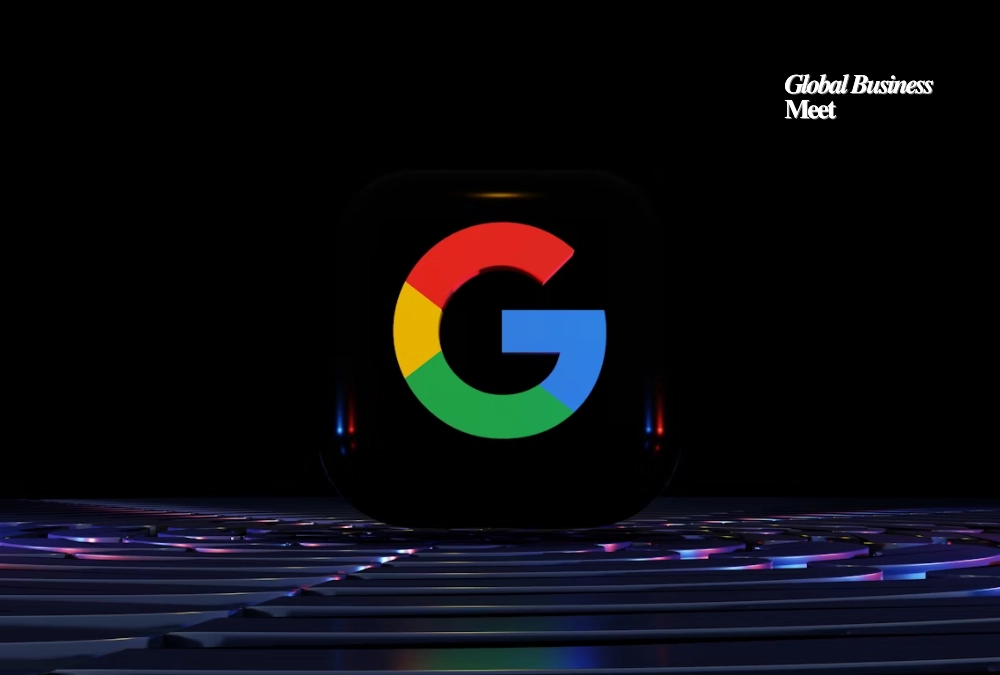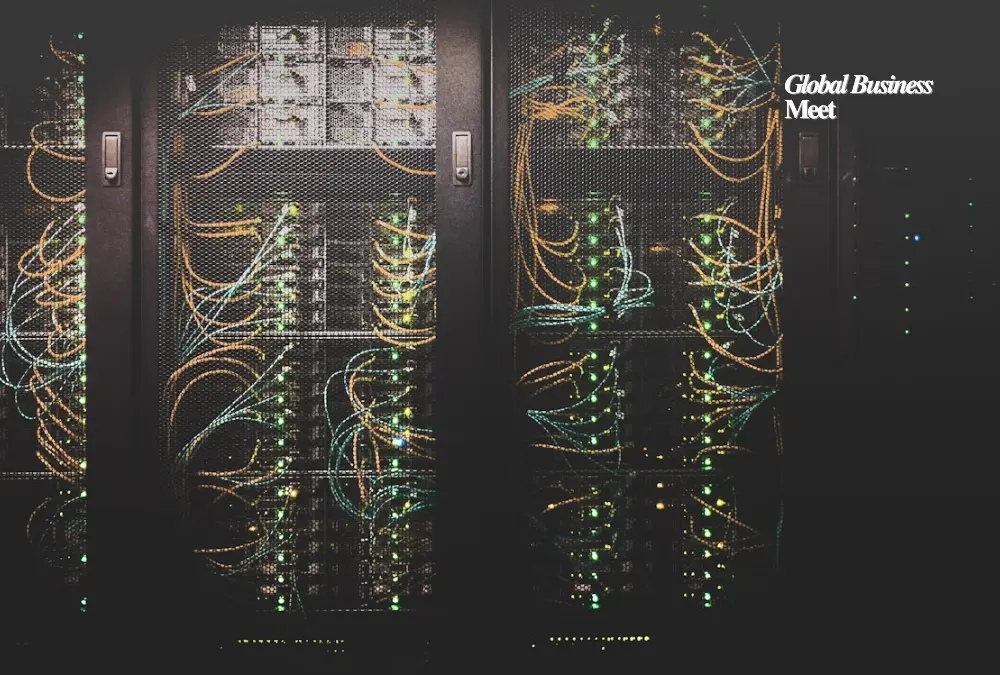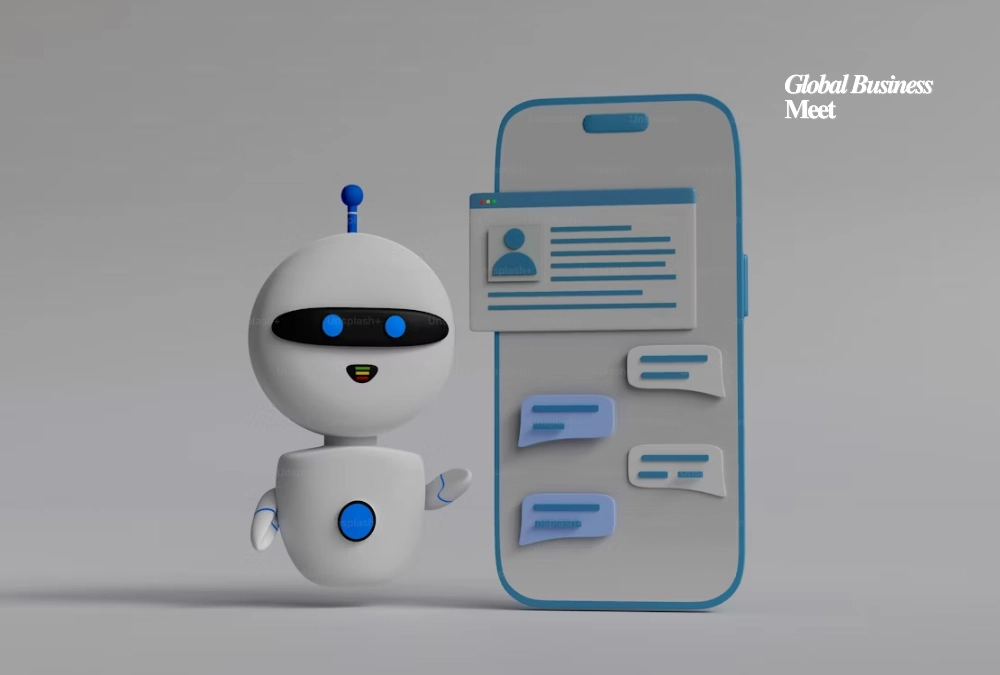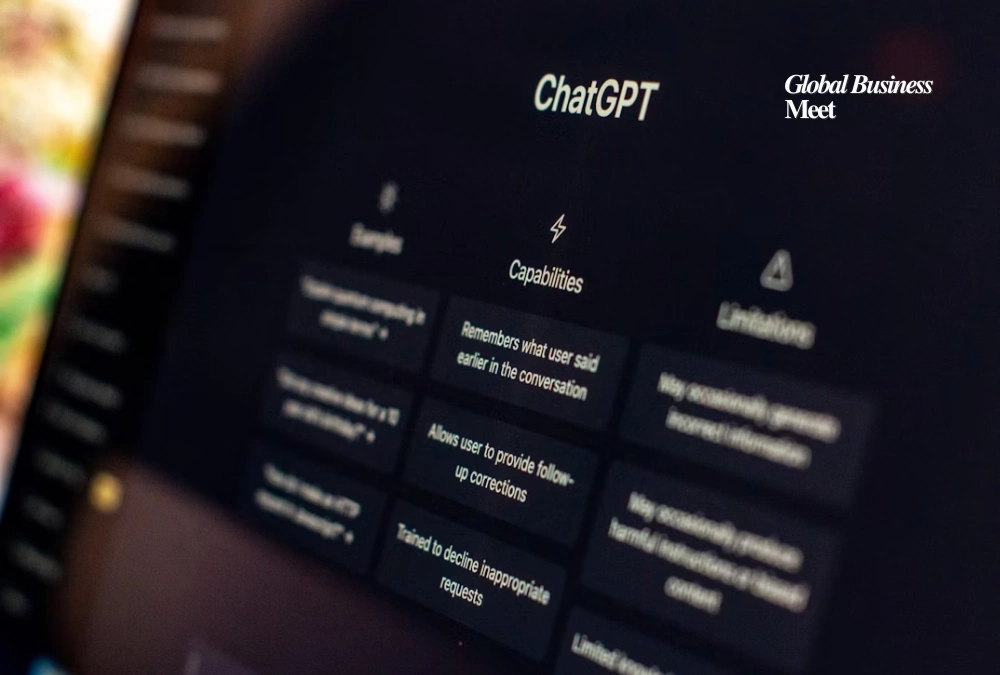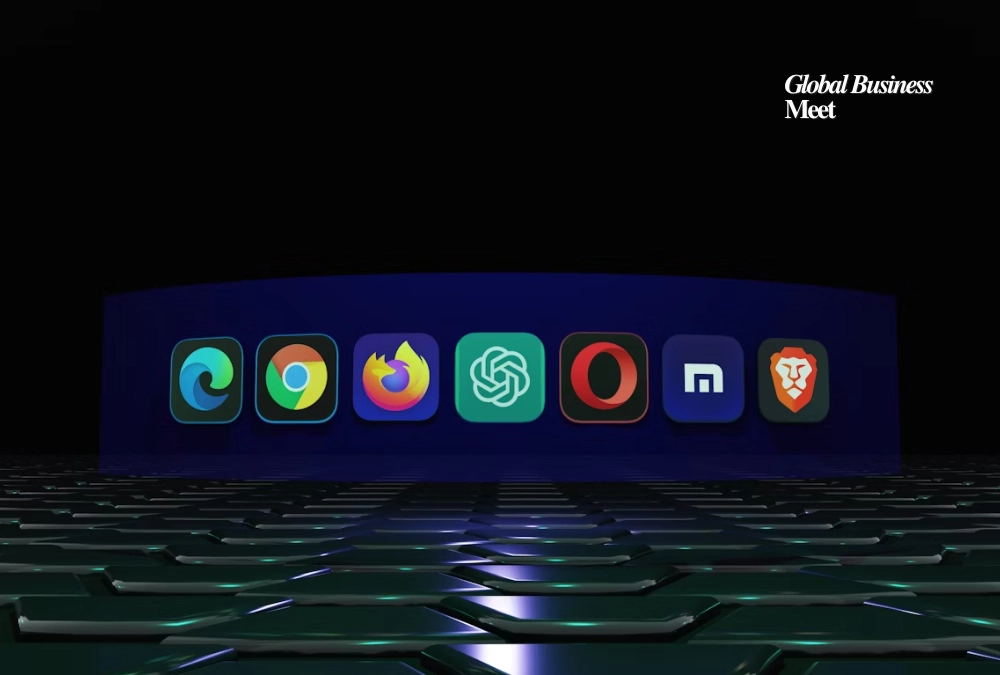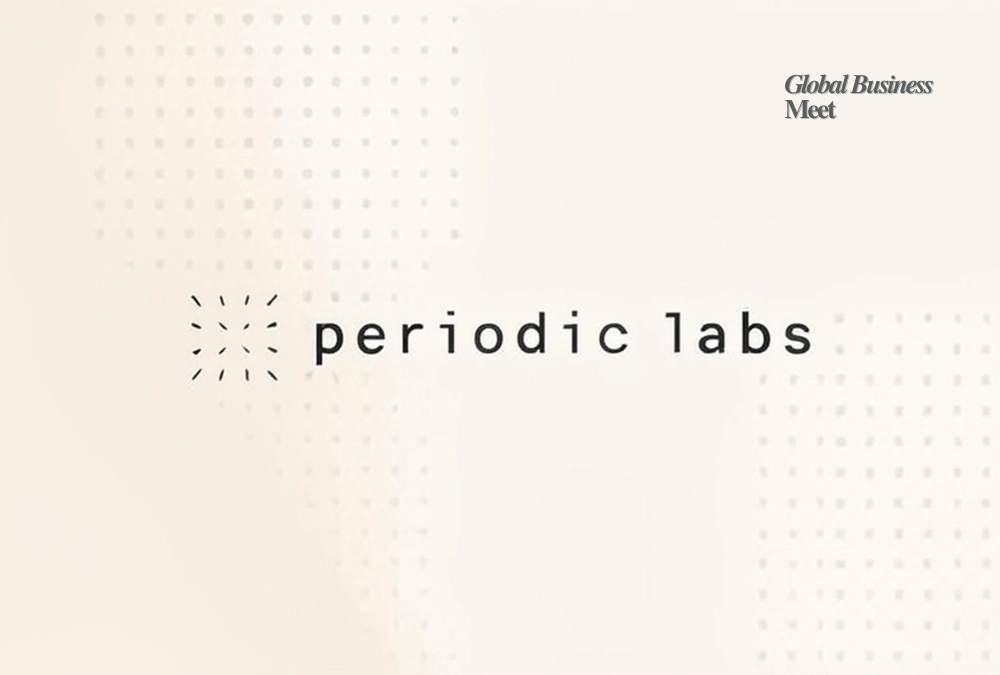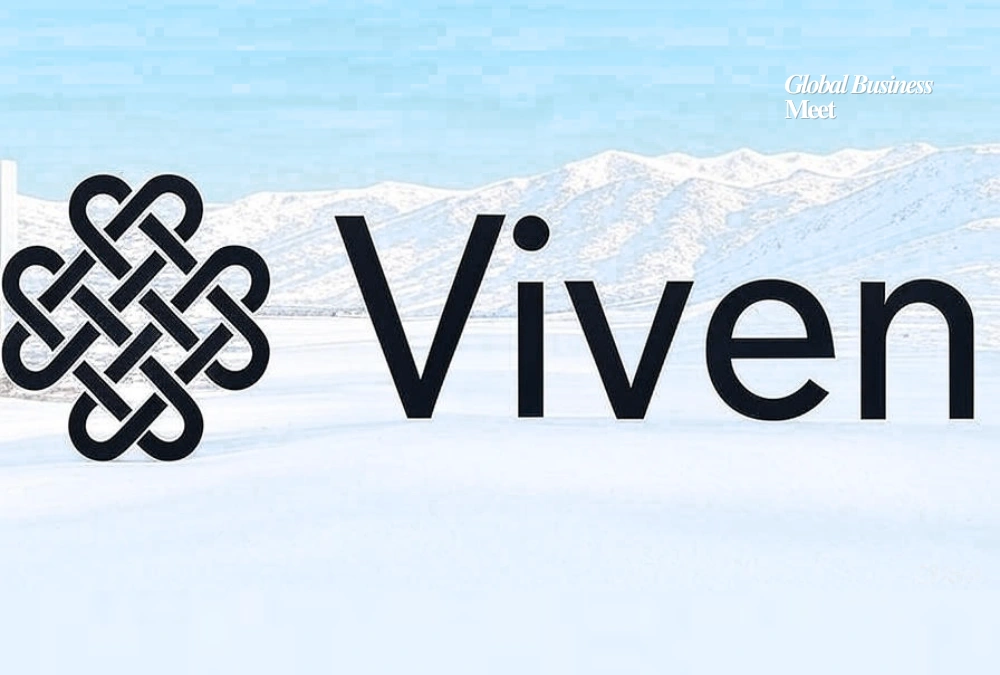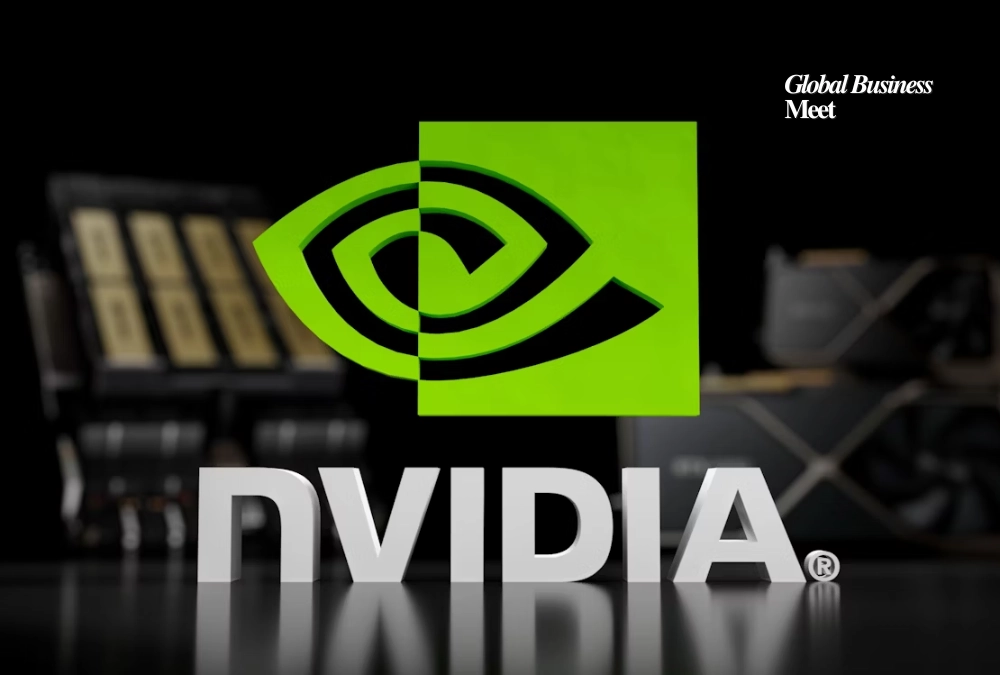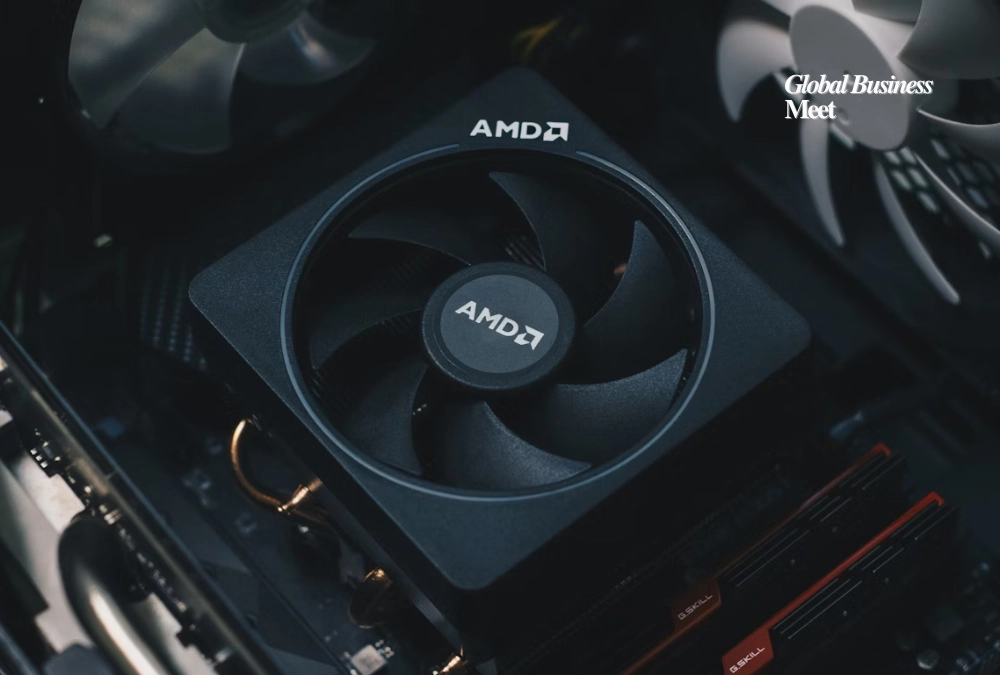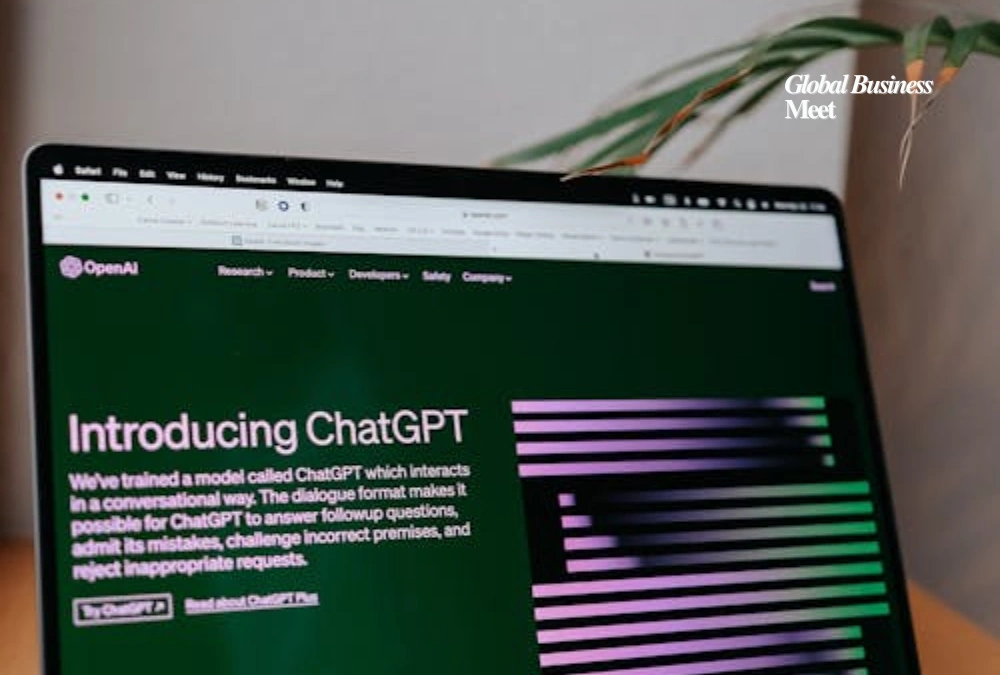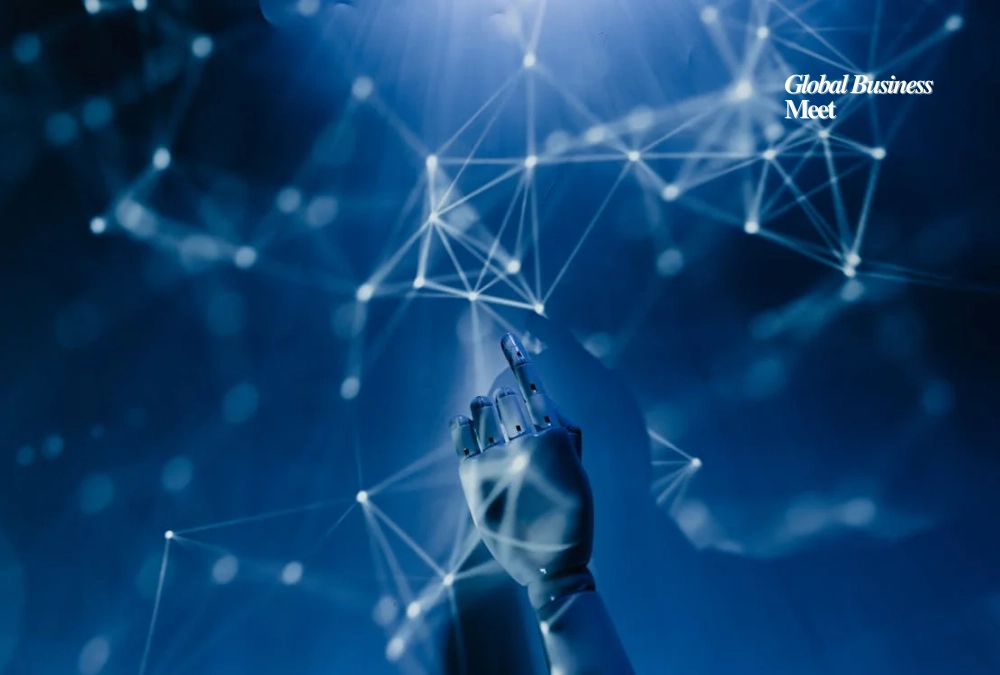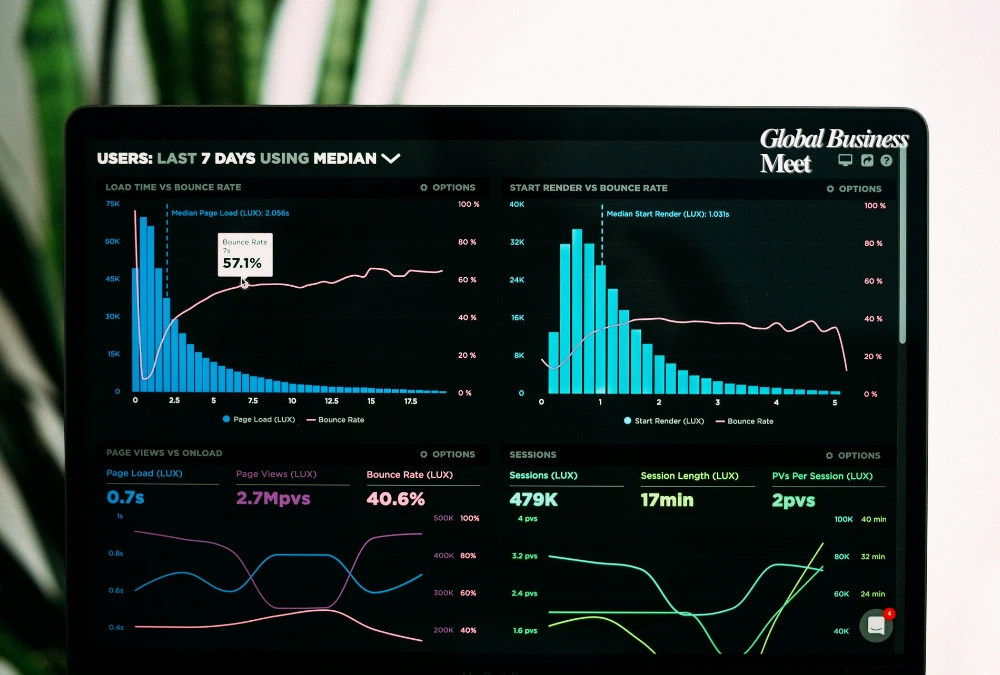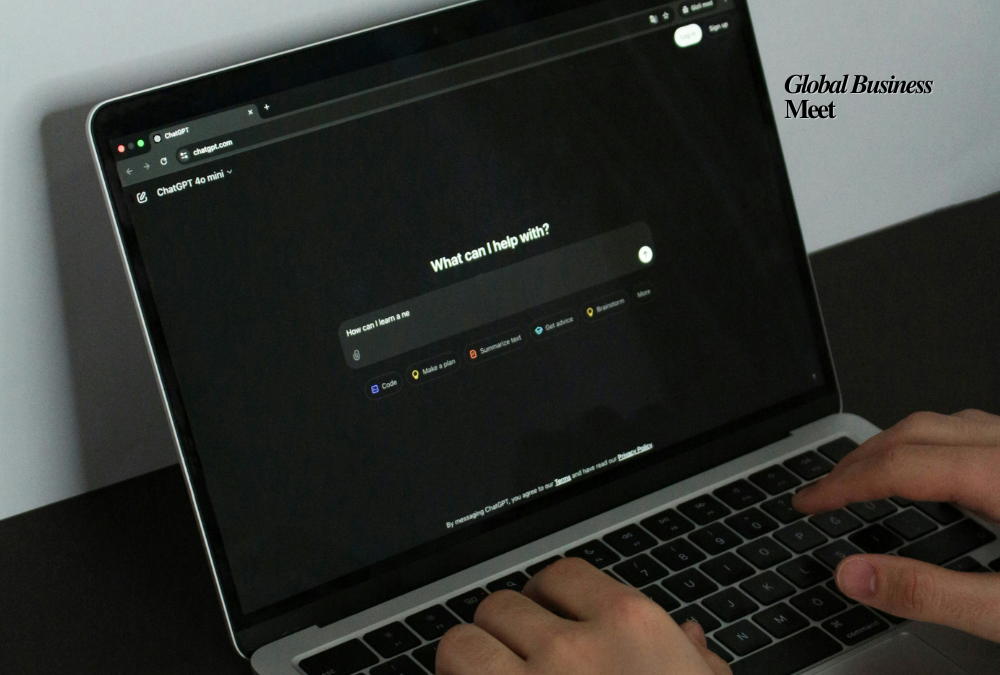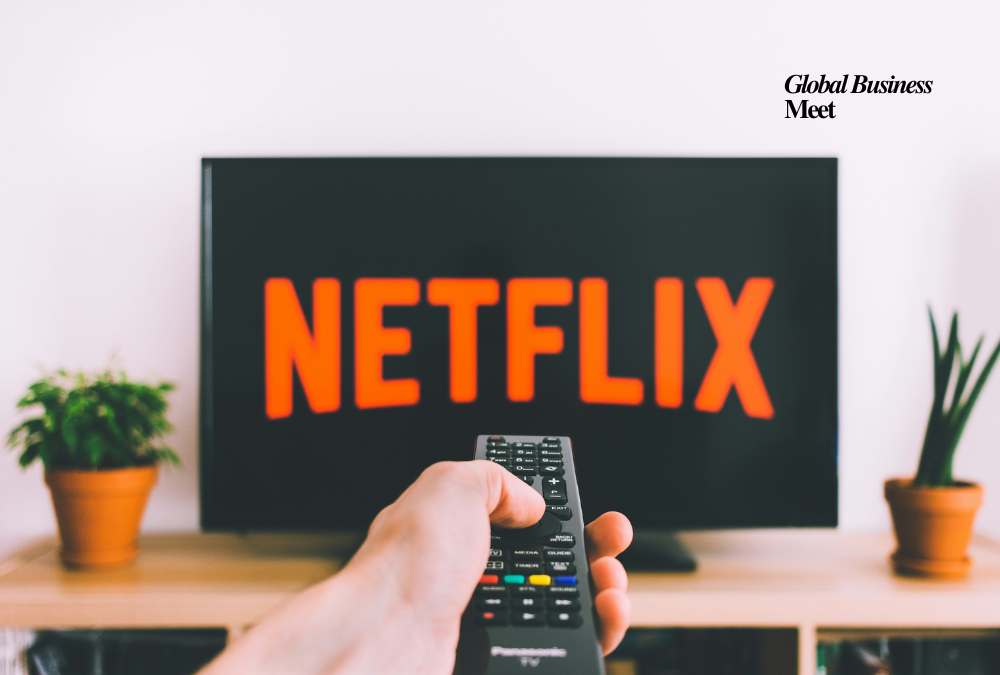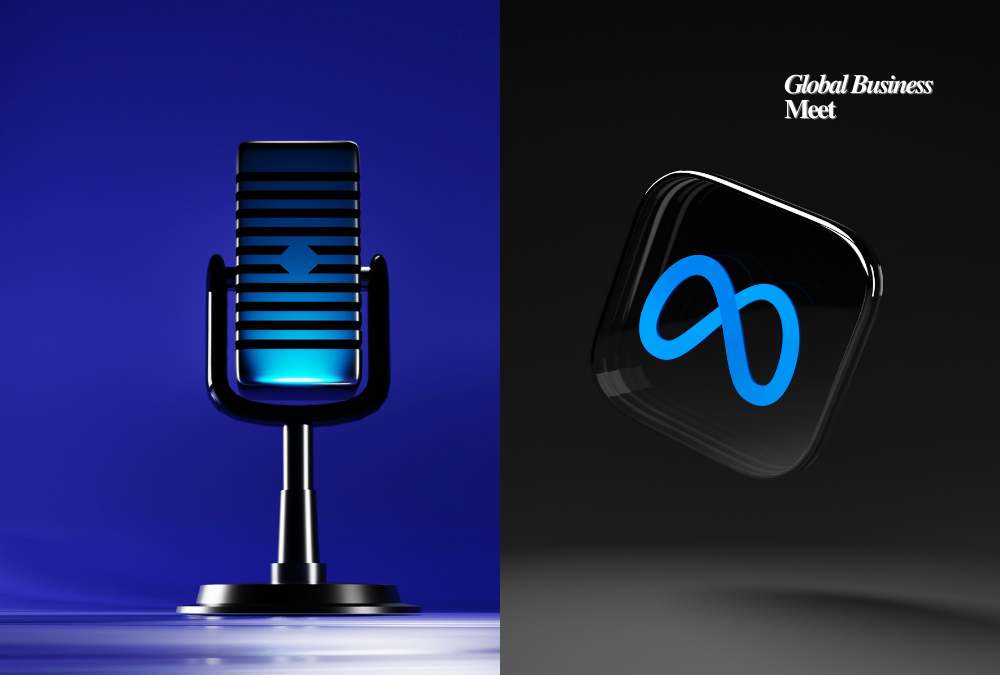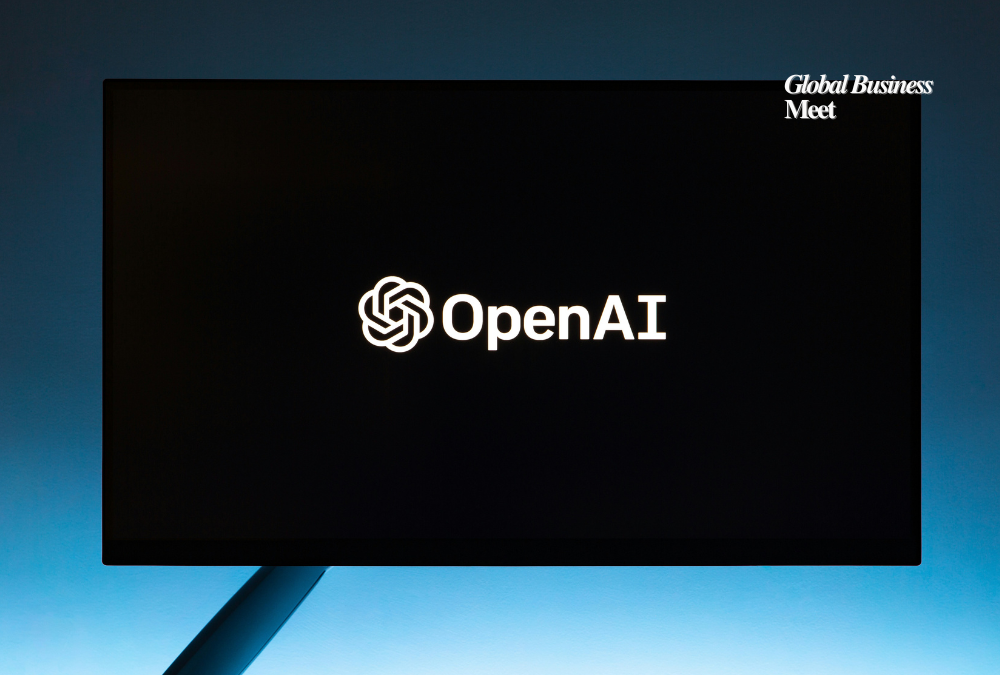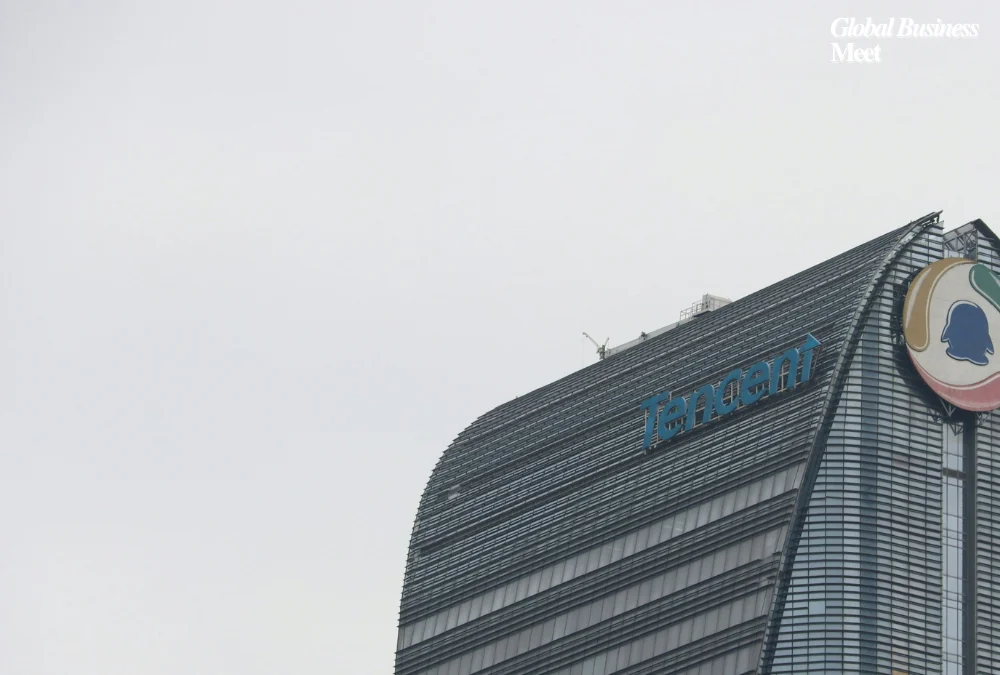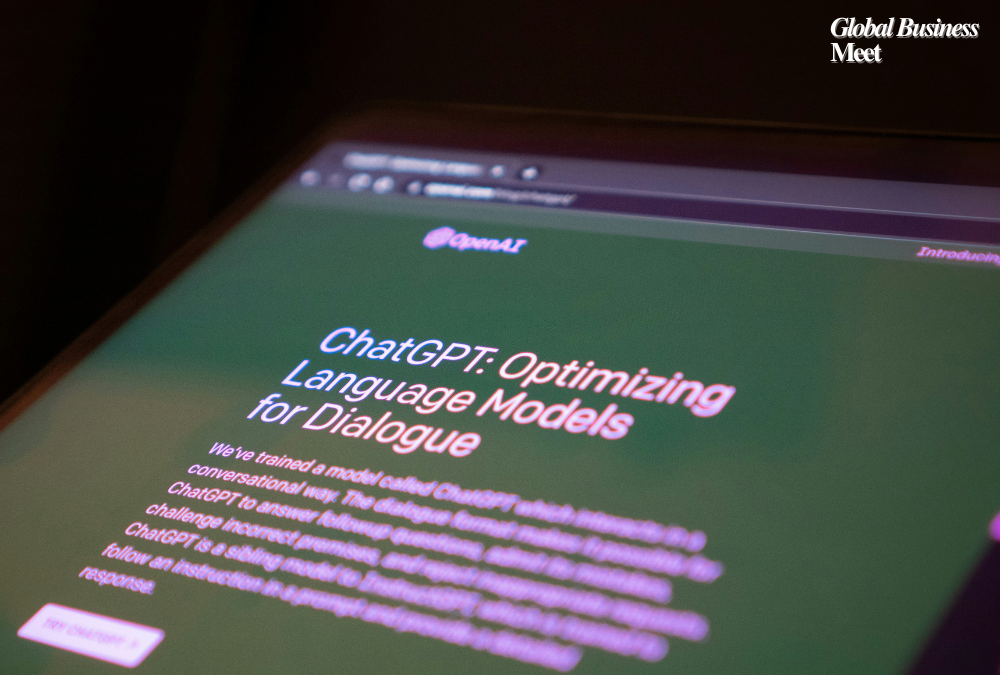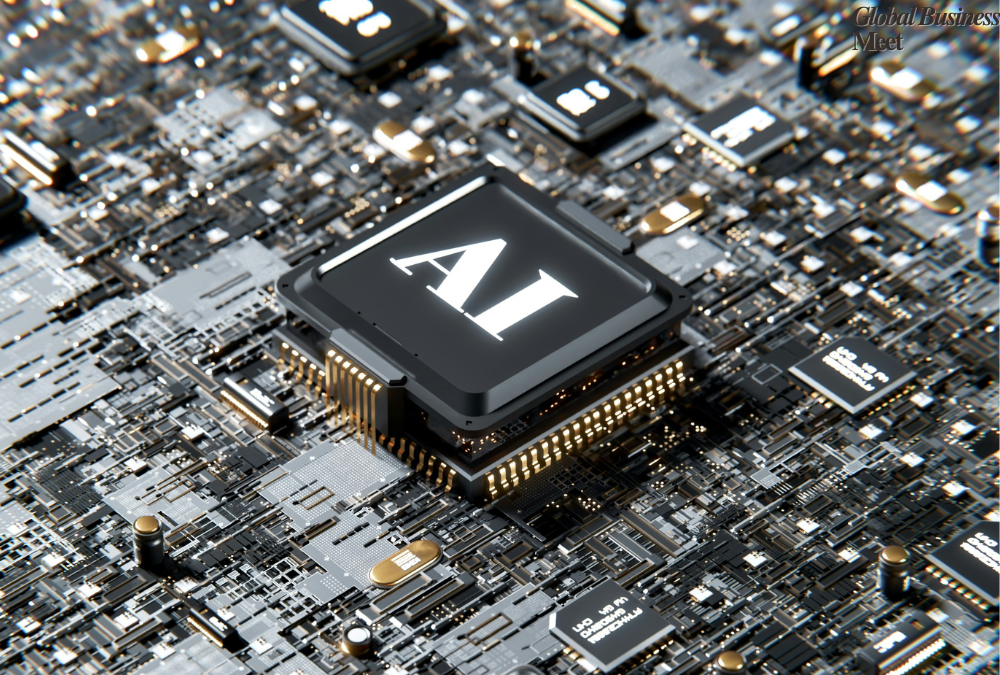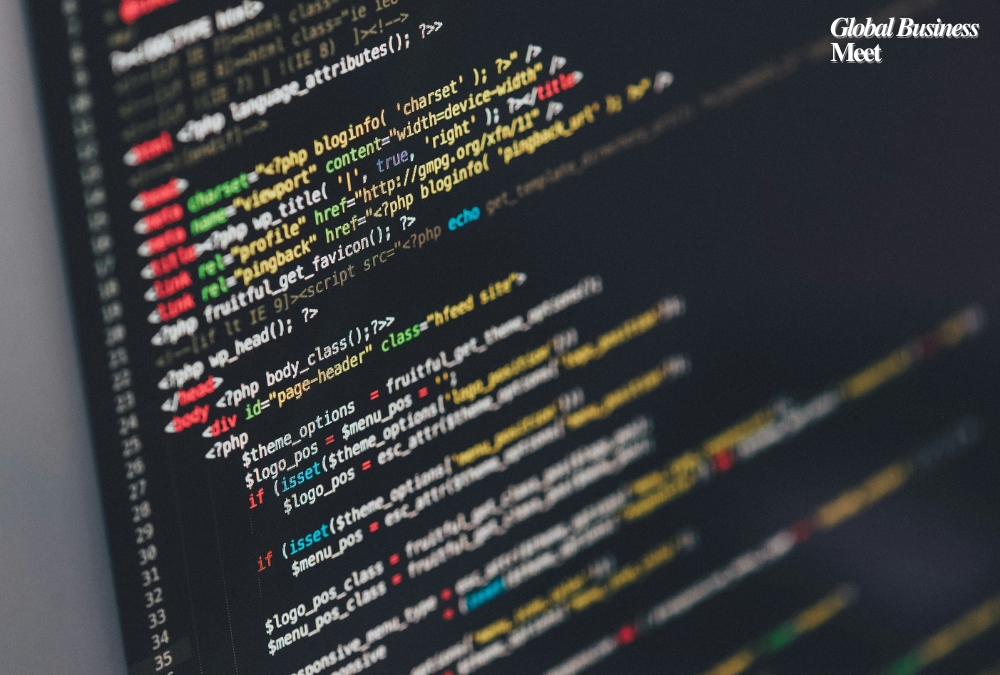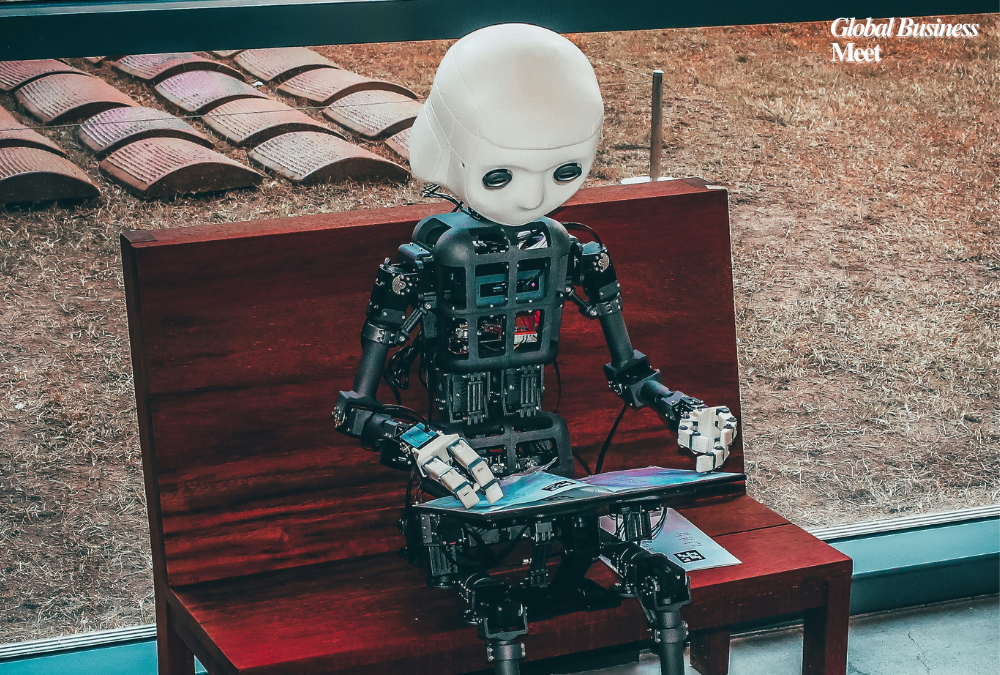
In reaction to a fierce recruiting model by Meta, OpenAI is recently redesigning its compensation and retention approach. It has been reported that Meta has managed to hire a number of senior researchers who work at OpenAI, and caused an alarm internally and an immediate response on the part of leadership. It was so concerning that Chief Research Officer Mark Chen addressed it in an open letter to staff that he said was akin to a robber breaking into our house and stealing something.
A memo by Chen, published together with CEO Sam Altman, talked of OpenAI rebalancing payment to the best talent and trying innovative new pay packages, such as retention bonus and equity adjustments. The aim is to be competitive to Meta with its attractive propositions without neglecting equity among teams. Internal reports indicate that Meta has managed to tempt some of its senior AI scientists with a total compensation package of approximately $100 million worth of long-term incentives, although such was not instant in a cash sense.
This action of Meta can be seen as a symbol of a growing battle over AI talents in Silicon Valley. In addition to generous remuneration packages, Meta CEO Mark Zuckerberg is going as far as personally recruit the best researchers and engineers to strengthen the company and its initiative in achieving superintelligence. According to private reports, the company has hired in the last few months at least four veterans of OpenAI, which has caused some antipathy at OpenAI and other AI laboratories.
OpenAI, in its turn, is responding promptly. In his memo, Chen recalled that he and Altman have been addressing people who receive offers directly and that the two were working round the clock to maintain the trust of employees. Some interim adjustments involve adjusted compensation and equity vesting schedules, spot compensation, and more internal rewards particularly through the company-wide recharge week to block burnout.
As employees work 80-hour weeks, in some cases, according to researchers, Open AI is attempting to assure employees that they are stable in the long term. It sends a clear message to its employees: the journey toward the artificial general intelligence (AGI) will be a long-term trip, and tempting offers of competitors should not derail vision. As Chen noted to teams, the priority is to remain focused on core goals, be it the launching of new supercomputers later this year, rather than focus on so-called short-term skirmishes with Meta.
The other influential figure, Sam Altman, chimed in to praise Chen as a great leader of the company and repeating that the attempts to strengthen compensation and boost morale are in place. Leadership, he pointed out, is keen on keeping the best talent even as it continues to give the whole team fair and transparent treatment. Such moderate tend is seeking not to create internal hatred or polarization.
In line with its ambitions of its own roadmap on AI, Meta has experienced significant recruitment growth as it has made investments in large-scale models such as Llama 4 and hardware innovations. In global terms, this is an urgent yet promising opportunity to OpenAI: companies cannot afford to lose any of the best researchers, and by becoming a destination to the best of the best, OpenAI solidified its position among the elite AI destinations. Nevertheless, in order to be able to maintain the status of the employer of choice, OpenAI has to be able to match compensations and cultural values without disrupting and shaking the internal alliances.
According to industry analysts, this war will be seen as a manifestation of the competitive nature of AI stake since it is such a high-stakes game. One analyst described it as a turning point: When competitors come calling to steal the best employees, it is an indication of the importance of human capital in the race toward next generation AI. It could be that retentions or recruitments of visionary groups could determine the success or failure of either team rather than code or infrastructure.
In the future, pay attention to the introduction of OpenAI-long-term rewards in the form of deferred bonuses, better equity, work-life balanced conditions, or broader R&D autonomy. The way it satisfies these internal demands could end up defining how resilient it is in the current AI arms race- the back-and-forth of which relies on both momentum and morale to get it as far as it does in the long-run.
On the macro level, the spread of AI adoption among consumers is gaining pace across sectors, and increased policy attention. This talent wrestling match is not only a corporate competition but also the way Silicon Valley labs value resources in their search to create AGI. In case of OpenAI opposing Meta deals using strategic retention packages, it might retain its position amongst the first to perform breakthrough research and model deployment, and stay ahead in a sector that is both as much about the machines as much as about the man behind it.

